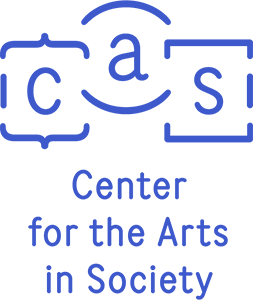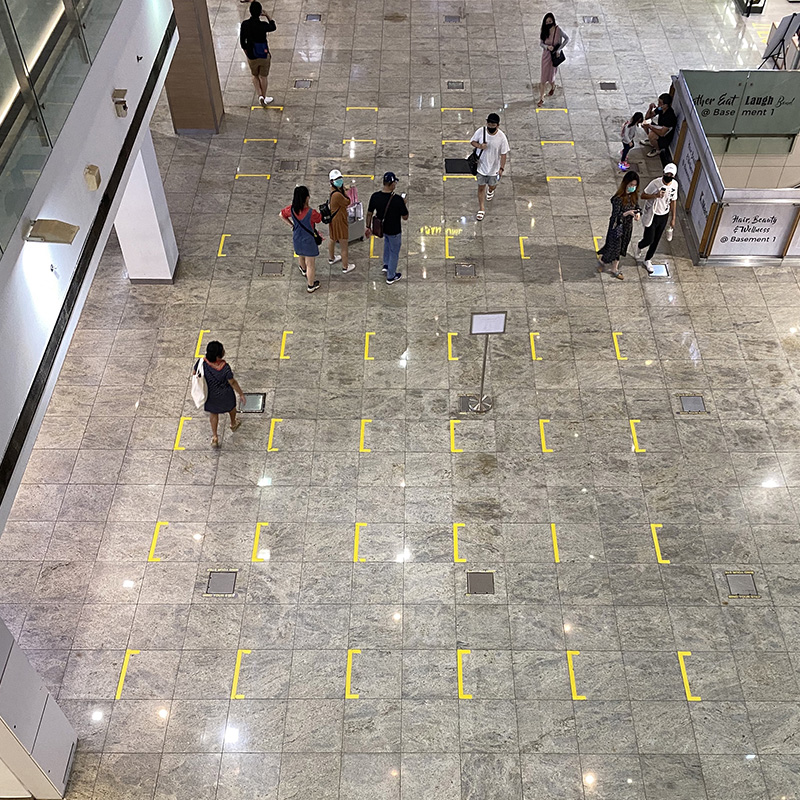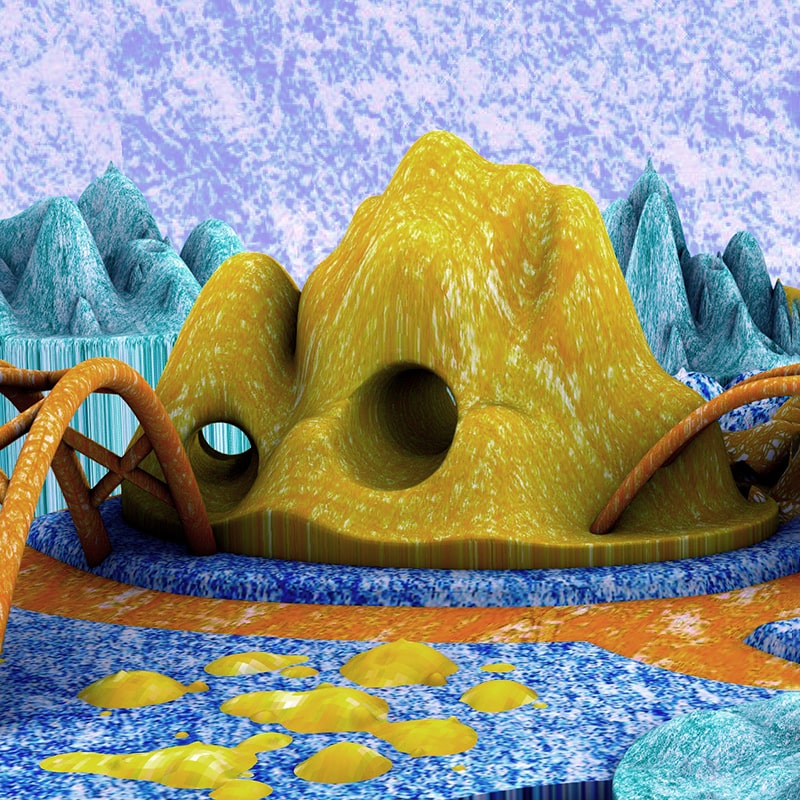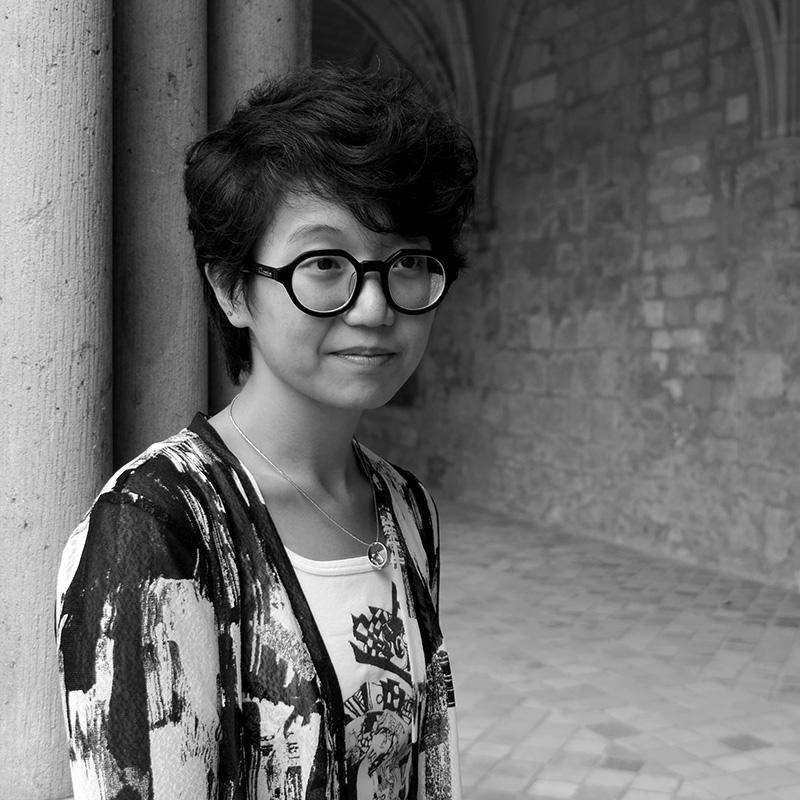Borderlines Initiative 2020-2023
Humans create ways to separate ourselves and to connect across divides. A borderline is an in-between state that cannot be classified as clearly one thing or the other. To physically or theoretically travel this unstable space requires thinking about what is on each side, and about the processes that produced both sides. The Center for the Arts in Society has selected Borderlines as the theme for its next three-year initiative (2020 to 2023.) We will approach this topic with the idea that borders are embedded in human experience, from the international to the cells in our bodies. Borders create the phenomena of migration and of attachment to place. They are often made into negatives, but we are not presuming the goal should be a borderless world. We can celebrate borders within our identities: race, gender, sexuality, language and religion are ways we express humanity and strengthen a sense of community. Even a nomadic culture has stacked territorial conditions through ownership, histories and structures. A border is not always a line or a wall. A border is not always closed. But it could be.
Mary-Lou Arscott from the School of Architecture and Nico Slate from the Department of History will coordinate the CAS Borderlines Initiative. During the Borderlines Initiative, CAS will undertake three faculty-led projects that involve analysis and production in their events and activities.






